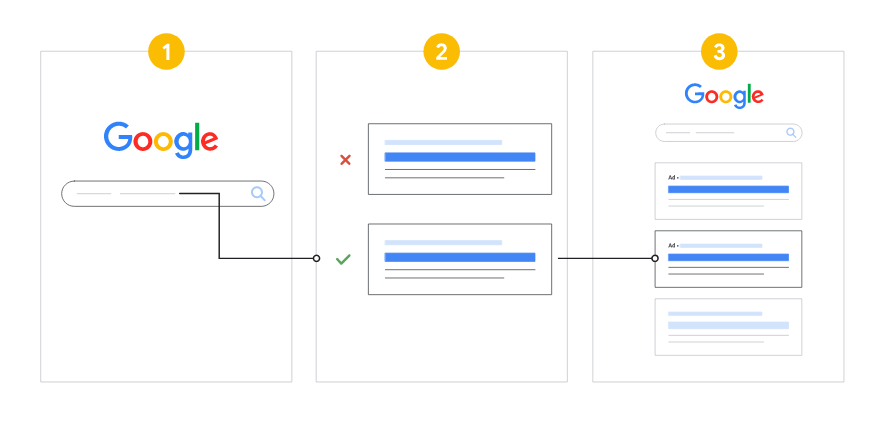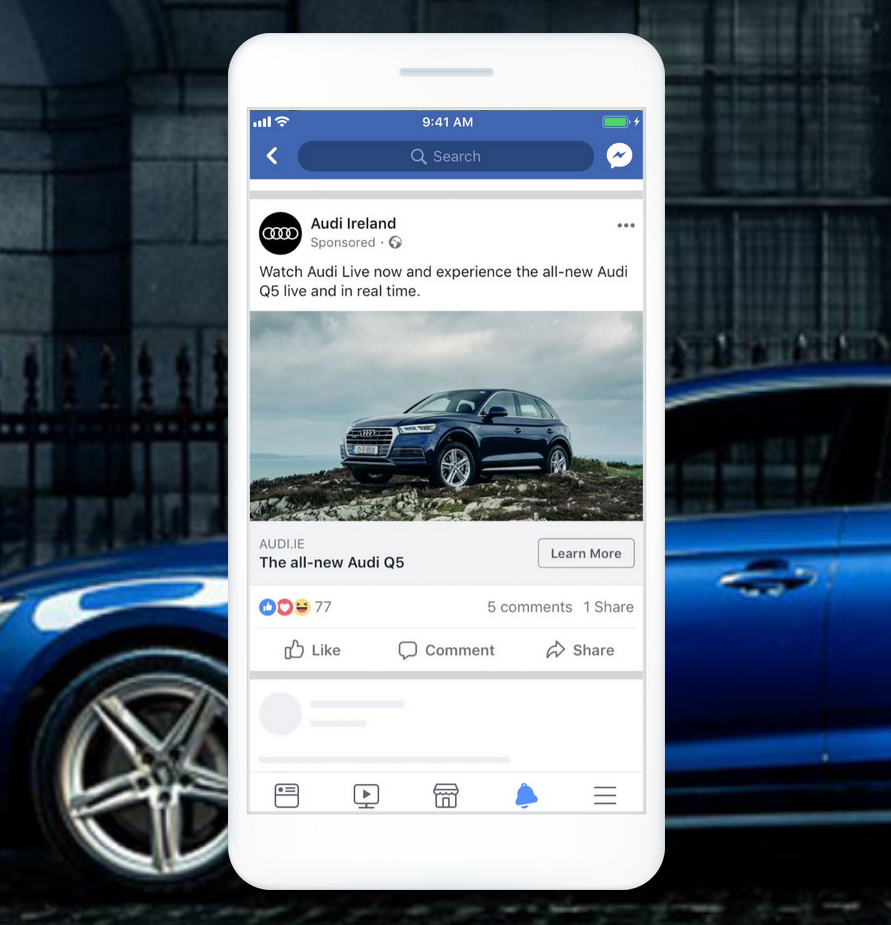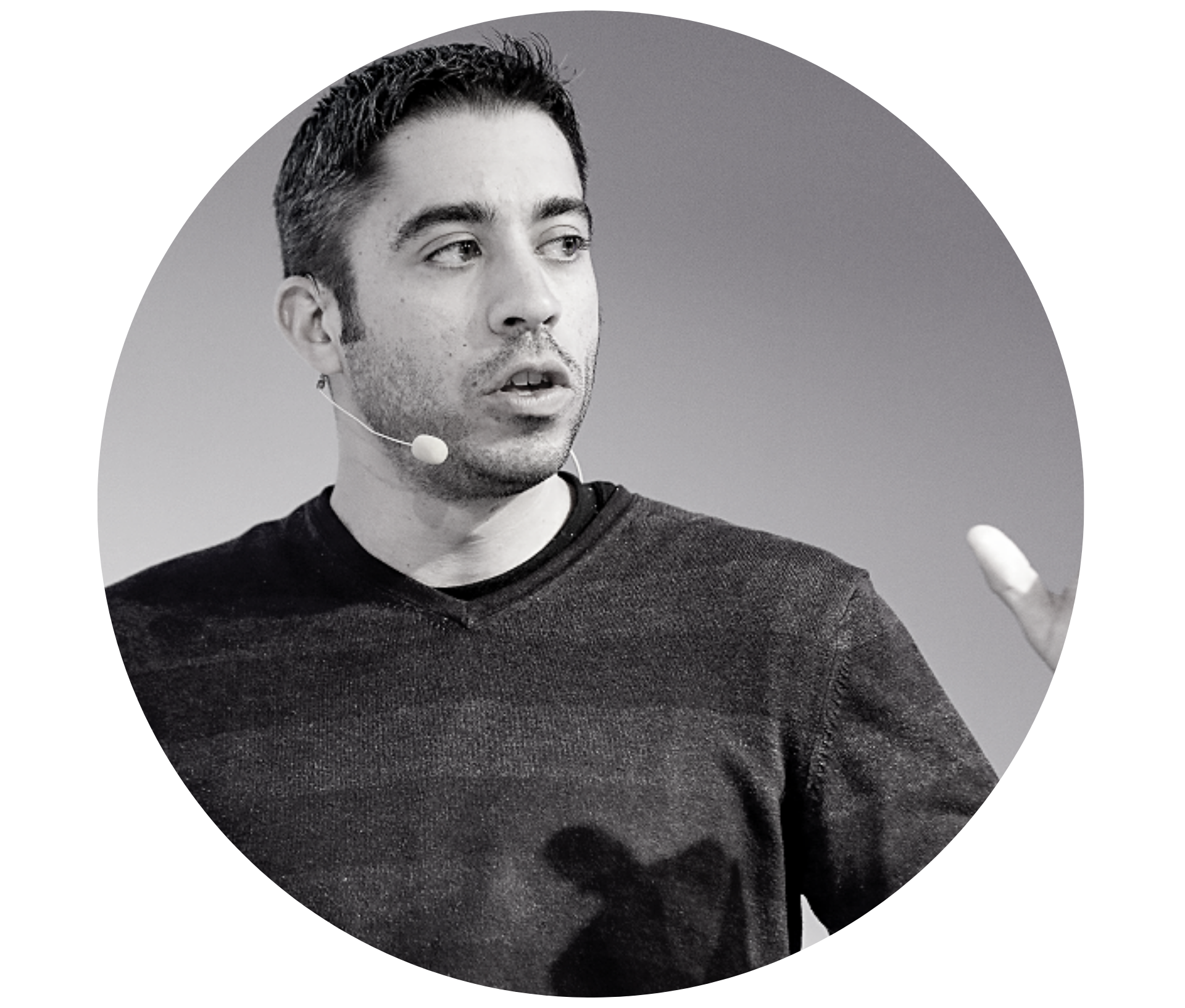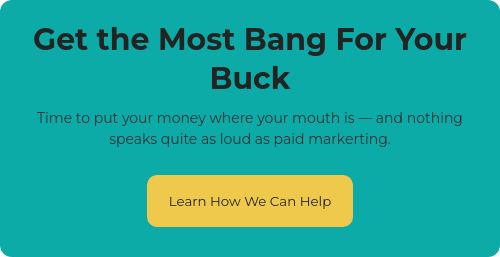In some ways, pay-per-click (PPC) advertising — or paid, for short — couldn't be simpler. You pay money and voilà, an ad appears. But in other ways, paid can be a confusing topic: how does it work, what types of ads does it include, and is it right for you?
We've got the answers you need. Here, we've gathered brands' seven most burning questions about paid, from the basic to the complex.
1. How Do Paid Ads Work?
If you're new to PPC, it might surprise you to know that most platforms offering paid ads (including Google and Facebook) use an auction format.
Here's how it works:
- You enter the amount you want to pay.
- You choose how long you want your ad campaign to run.
- You select targeting parameters (i.e., an age range or geographic region).
- You submit your ad.
- The platform's algorithms identify when an ad is needed and use an automated auction to choose which one is most appropriate.
- If your ad "wins" the auction, it's displayed to users who meet your targeting requirements.
It might sound complicated, but the truth is that the entire auction process happens under the hood of your chosen platform.

All you have to do is tell the platform how much you're willing to pay for each click and who you want to see your ads, and its algorithms will handle the rest.
2. What Is Considered a Paid Ad?
Simply put, a paid ad is any type of ad that you have to pay for.
Whether it's printed in the newspaper or displayed on the hottest social media network, if you exchanged money for ad space, then it qualifies as a paid ad.
Fun fact: The first digital paid ad was created in 1994 when AT&T paid online magazine HotWired a whopping $30,000 for a banner ad. It garnered an astonishingly high click-through rate of 44 percent — ah, the early days of the internet.
3. What Are the Different Types of Paid Ads?
PPC can be broken down into several categories depending on where and how your ads are served.
When people talk about paid ads, they're usually referring to one of these three ad types:
- Search ads, which appear in search results when users make a query.
- Display ads, which appear on websites in the form of banners, images, videos, or text.
- Social media ads, which appear on social media platforms and are typically seamlessly integrated into users' feeds.
For instance, here's what a social media ad might look like on Facebook:

Each platform, whether it's a search engine, website, or social network, will have its own selection of ad formats to choose from. So, it's important to do your research and see which formats work for you before committing to a platform.
4. How Do Paid and Organic Search Work Together?
Paid search ads and organic search optimization don't have to be opposing forces — in fact, amazing results can be achieved when you use both.
That's because paid and organic search have very different strengths. While organic SEO delivers long-term results and high-quality traffic, paid search ads are undeniably better at generating traffic now.
So if you're trying to choose between paid and organic, know that you don't have to. Instead, you can benefit your brand the most by embracing the unique qualities of each.
5. Do Paid Ads Work?
Now, for the million-dollar question: Do paid ads really work?
The short answer is yes, absolutely. If you have an eye-catching ad, enter a competitive bid, and choose your targeting parameters wisely, you'll start to get more clicks shortly after your campaign goes live.
The longer, more nuanced answer is that while paid ads can drive results, they can't make up for subpar content or a lack of organic traffic. If you want the kind of results that lead to sustained growth, then you'll need a killer content strategy and stellar SEO, too.
6. How Do I Choose a PPC Agency to Work With?
If you're thinking about hiring a PPC agency to manage your paid ad campaigns, it's crucial to select one that knows their stuff.
After all, simply having a PPC budget isn't enough — you also have to spend it on the things that matter.
So when evaluating PPC agencies, try to find one that offers:
- Detailed tracking
- An advanced keyword strategy
- Data-based targeting
- A strong focus on content quality
If you take the time to do so, you'll have a much better chance of achieving the ROI you're after.
7. How Do I Know If PPC Is Right for Me?
Paid advertising isn't right for everyone, but it's more likely to be a good fit for you if:
- You need to target a very specific audience, such as residents of a certain area.
- You need to collect more data about how users respond to your brand and content.
- You want to target a new audience, such as people within a certain age range.
- You want to get results quickly.
- You have a clear idea of how much you're willing to spend on PPC and the ROI you're shooting for.
If you meet those criteria, PPC might be a good fit for you and your brand.
At the end of the day, paid advertising isn't rocket science. But with that being said, you'd be wise to pay attention to the complexities it does have.
If you do, you're sure to get a whole lot more bang for your buck.







